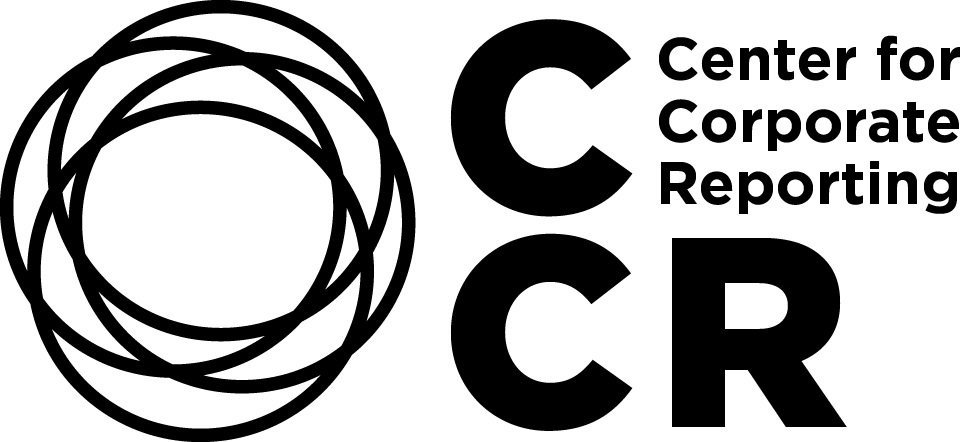Sustainability reporting: first impressions of the Swiss legislation
During the 2024 AGM season, the largest listed companies in Switzerland – with at least 500 employees and annual sales of more than CHF 40 million – had to prepare a sustainability report and submit it for shareholder approval.
By Vincent Kaufmann
This new obligation stems from the new provisions of the Swiss Code of Obligations (CO) relating to corporate transparency on non-financial issues, which came into force in 2022 (art. 964). And this is only the beginning, since further amendments to these provisions are currently the subject of a consultation procedure with a view to bringing them more into line with European regulations (CSRD).
For companies, this new obligation represents additional reporting and due diligence work. But it is also an opportunity to compare themselves to others and to stand out for their good environmental, social and governance (ESG) practices.
For shareholders, it’s a chance to exert a positive influence on the companies they co-own. Exercising voting rights sends a strong message to companies. Generally, an item on the agenda that receives less than 80% of the votes cast is regarded as a protest vote, to which the board of directors must respond.
Demands for quality and transparency
The Ethos Foundation, whose mission is to help Swiss pension funds invest in a sustainable and responsible manner, offers a proxy voting service. Each year, it provides voting recommendations for all listed companies in Switzerland (over 200) as well as for more than 500 foreign companies.
As of 2021, Ethos adapted its voting guidelines to specify its expectations when voting on a sustainability report. Considering the initial low level of the stipulations included in the Swiss law, Ethos wanted to specify its requirements regarding the quality and extent of the sustainability reporting before the entry into force of the new article 964 of the Swiss CO.
In fact, Ethos expects these reports to be drawn up according to a recognized standard, such as GRI, to facilitate their evaluation and comparison and ensure that the companies’ reporting is sufficiently comprehensive. Ethos also expects companies to request at least a limited assurance from an independent auditor. It is essential that shareholders be able to rely on verified information.
In terms of content, Ethos expects sustainability reports to cover all material ESG issues. For each of them, specific, measurable and quantitative indicators should be disclosed and ambitious targets should be set.
Reports still of poor quality
In the first year they were put to a vote, the sustainability reports of Swiss-listed companies received an average approval rate of 97.3%. This high level of support is surprising given their generally poor quality. On the other hand, it can be explained by the time required to make a proper assessment and the lack of experience of investors regarding such a vote. It is probable that many shareholders have not yet established proper voting guidelines and considered the vote to be a routine item.
Ethos was among the few investors contesting sustainability reports this year. So far, Ethos recommended approving 11 of the 20 sustainability reports submitted to the vote by SMI companies and less than half of the reports submitted by SPI companies. The main reasons for opposition were a lack of transparency, insufficient quality of the data published or the fact that the environmental and social targets were not ambitious enough.
These voting positions required a great deal of analysis. Ethos strengthened its teams of analysts and increased their skills and knowledge. A new methodology based on science was developed to estimate the potential climate warming of a company. Each company is now given a temperature score based on its past CO2 emissions, its reduction targets but also on the credibility and relevance of its climate strategy (1).
While the quality of the sustainability reports has overall improved, largely thanks to stricter regulations, it still varies widely from one company to another. This is why Ethos considers that the Swiss regulation must be reinforced. In this respect, the draft amendment to the CO currently under consultation is a step in the right direction, since it stipulates that companies must follow a certain reporting standard and submit their sustainability report for external assurance.
It is also to be hoped that, as sustainability reporting becomes more standardized, shareholders will be able to assess the sustainable performance of companies and put more pressure on the companies underperforming their peers.
(1) This methodology is partly based on the ACT method («Assessing Low-Carbon Transition») developed by ADEME and CDP, which assesses a company’s ability to become part of a low-carbon economy.
Further Information
Ethos will publish a more exhaustive study on the subject by mid-October. Please refer to their homepage for further information.
Vincent Kaufmann
has been the CEO of Ethos Foundation and of Ethos Services since June 2015. He has been member of Ethos Services’ management in charge of investment since 2011 and deputy CEO since 2013. Since June 2019, he has been a member of the board of Swiss Sustainable Finance.


